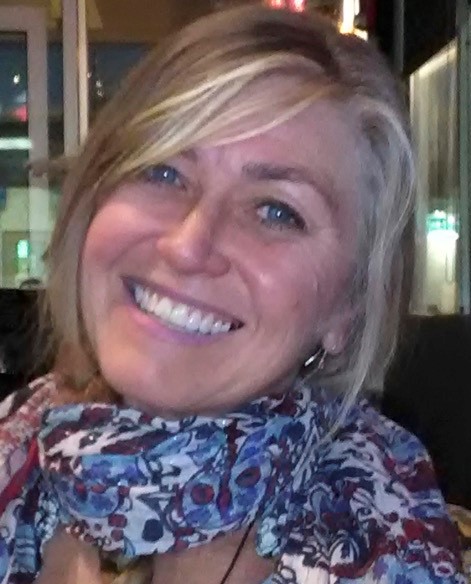
There continues to be much out of our personal control these days and, as parents, with a public health issue defining our daily lives in such random ways, this can be infuriating. What can we do? What should we do?
I have talked to many parents and teachers in Denver, receiving a variety of responses to the mask mandate for instance. Many parents of young children and children with special needs are opposed to mask mandates and are hesitant about the vaccine. I can understand, but my perspective as a parent and teacher starts with health and safety for all. At the time of this writing, 5 schools in the metro area have had breakouts. In one weekend I heard of three acquaintances who were all vaccinated, but got infected with COVID from their school-age children.
Director of The Highlands Micro School, Anne Wintemute offered that getting on the same page as a school was very important to the collective well-being. Her school puts the wearing of masks in the same category as wearing a coat when it is cold, it is just something you should do in that circumstance. “If parents stress out about mask-wearing in front of their children, the children pick up on that and often mimic their parents’ stress. When wearing our masks becomes just part of our daily routine, kids comply with no issues.”
That being said, wearing a mask indoors for anyone when there is no air conditioning at the beginning of the warmer days of the school year made it hard for everyone. Ideally, finding ways to hold class outside whenever possible during those days should be an option. Kari Guiness, a school nurse in DPS, found that most children have not had problems with mask-wearing, but when frustration surrounding the pandemic comes up for kids, she offers to help them find ways to cope, often pointing to a Glennon Doyle-inspired poster that says “We Can Do Hard Things.”
Young children are often oblivious to the seriousness of things going on in the world unless we tell them or forget to be discreet when discussing matters with other adults. It is important to take control of this piece of the pandemic and intentionally measure how we inform children. They can be aware without carrying the weight of the world. If you are unsure how school staff are handling pandemic-related issues, gather your questions and approach them in a polite manner.
Vaccines will soon be available for children ages 5 to 12. I asked my neighbor, Kristi Knuti Rodrigues MD, MPH, an ER pediatrician for Denver Health, for her input. Rodrigues has 4 and 8 year olds in DPS and offers that wearing masks does not impede oxygen levels and getting to spend time with their peers outweighs the isolation of online learning. She added that her 8 year old will be the first in line to get the vaccine. Rodrigues has done the research and trusts the science. She is empathetic to parents’ concerns and encourages them to advocate for their children by asking their doctor questions.
I can identify with wanting to “make everything ok” for our kids, but as they grow, learning coping skills is vital. The wearing of a mask also helps to teach empathy and awareness of protecting others in addition to ourselves, which is a wonderful lesson for young people to learn. Additionally, becoming more aware of social cues and learning ways to communicate with gestures and body language is a good thing to learn in general as we don our masks. We often communicate non-verbally. By learning how we come across this way we can become better overall communicators.
Perhaps it is time to stop wishing things were different. We can do hard things and doing them develops character and resilience that can be tapped into again and again in life. To use another Glennon Doyle quote, “Being human is not hard because you are doing it wrong, it’s hard because you are doing it right.”
When things feel out of control, perhaps focus on what you are able to take charge of in your daily life to make things easier. Do as much to prepare on weekends and the night before school like pre-cooking dinners, making lunches, and picking out clothes to wear. Create routines and rituals for before and after school that are not only efficient but contain elements of joy, such as making a fun breakfast or planning a family activity. Get outside. Stay informed with reliable sources so that there are as few surprises as possible. Take care of you: schedule massages, down time, and talks with friends.
Jill Carstens taught for 30 years and now enjoys writing this column, connecting with North Denver merchants for ad sales for The Denver North Star, and organizing neighborhood events supporting the local arts, community, and sustainable ideas.
You can see some of what she is organizing at CurateLocally.com or email her with comments or story ideas at jill@denvernorthstar.com

Be the first to comment